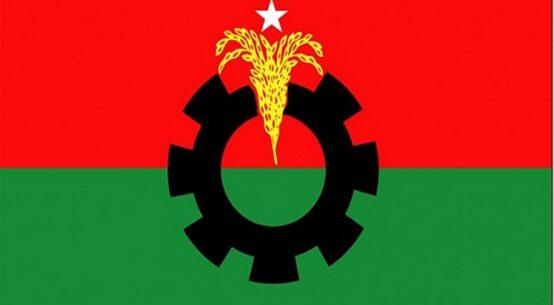
The government has set a target to elevate capital expenditure in the medium term (2025-26 fiscal) aiming to achieve sustained economic growth.
The government has set the target as it thinks that there is no alternative to increasing capital expenditure which has profound impacts on the production level of the economy.
“In the medium term, capital expenditure has been targeted to increase to 6.68 percent of GDP by FY 2025-26,” according to an official document of the finance ministry obtained by UNB this week.
The allocation was estimated at 6.41 percent of the GDP for 2024-25 fiscal while 6.50 percent for the running 2023-24 fiscal year.
The government allocated capital investment through either Annual Development Program (ADP) or the non-ADP capital expenditure.
It was 6.09 percent of GDP as per the revised budget for FY 2022-23, according to the official document titled ‘Medium Term Macroeconomic Policy Statement (2023-24 to 2025-26)’.
The document mentioned that the focus of the ADP will be to sharply improve and strengthen infrastructure, build a social protection system, and alleviate infrastructure constraints to private investment by fast-tracking nationally important projects.
The ADP is the main source of public sector capital formation. Data shows that ADP implementation varies in different fiscal years.
Between FY 2016-17 and FY 2021-22, ADP implementation as a percentage of budget allocation was between 76.0 and 88.6 percent, and implementation as a percentage of GDP ranged from 3.6 to 4.7 percent.
The government has taken various steps to increase the implementation efficiency of relevant agencies, the document said.
The government has also launched the iBAS++ digital platform, bringing all the line ministries together on this platform, and has simplified the process of managing and releasing funds.
In addition, in the last fiscal year, project directors were given the power to release all instalments of government funds.
These initiatives will play an important role in ensuring maximum utilisation of project funds, reducing wastage, and expediting project implementation. In the medium term, the size of ADP will be aligned with that of the 8th Five Year Plan.
The Annual Development Programme (ADP) and Non- ADP capital expenditure are the two major categories of capital formation through government expenditures.
Moreover, capital expenditure includes loans and advances, development programmes financed from the revenue budget, non-ADP projects and Non- ADP FFW (Food for Work) and transfer.
The estimated size of the development budget is Tk 2,77,582 crore, which is 36.4 per cent of the total budget. Development budget’s main component is the ADP, and its related expenses are 94.7 per cent.


